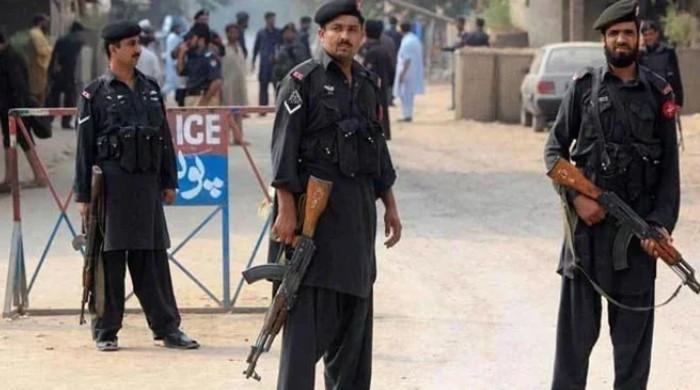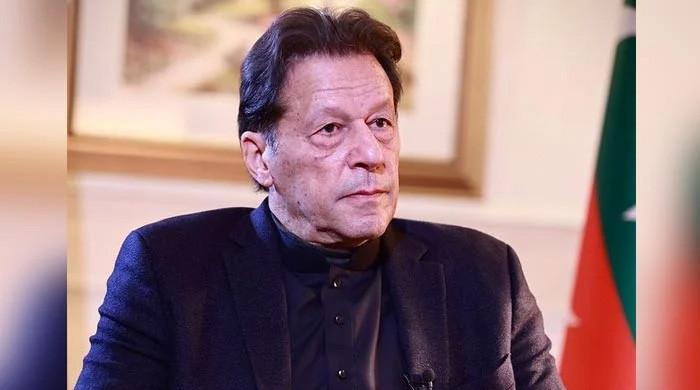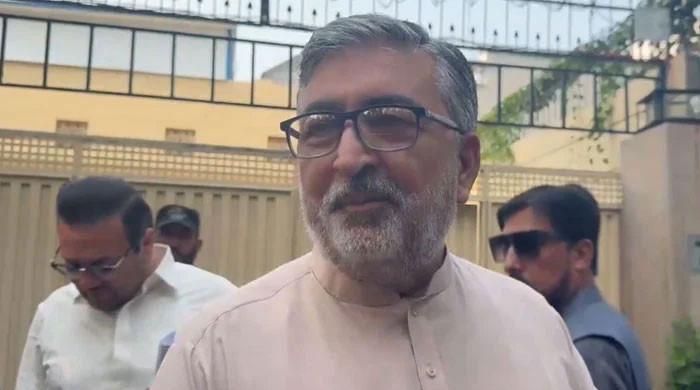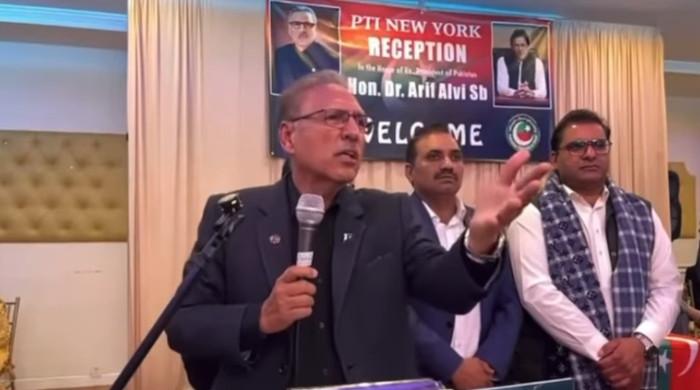Wheat prices to start declining from Monday, says food security minister Khusro Bakhtiar
Bakhtiar says when flour mills open on Monday, prices are expected to decline and the crisis will hopefully end by then
January 19, 2020
ISLAMABAD: Federal Minister of National Food Security and Research Khusro Bakhtiar said Sunday that the prevalent wheat crisis will be solved by tomorrow (Monday) when flour mills open, saying that the government currently has 4 million tonnes of the staple food in stock.
Speaking during a press conference, he said Sindh government's "late lifting" of the wheat from Pakistan Agricultural Storage and Services Corporation (PASSCO) had resulted in the artificial crisis taking place in the province. He said that the transport strike in the province made matters worse.
"Sindh did not even procure a grain of wheat this year whereas their target was 700,000 tonnes," he said. "The NLC has gave 9,000 tonnes of wheat to the Sindh government only for Karachi. Today, they will provide 10,000 tonnes [of wheat].
"Khyber Pakhtunkhwa government was receiving 2,000 tonnes of wheat daily while Sindh was only lifting 150 tonnes," he added.
Speaking about the flour crisis in KP, Bakhtiar said the Punjab government's food department noticed that wheat was being provided to KP "more than the necessary amount" saying that as checks and balances were introduced by the provincial government, it led to a "suspension in the supply chain".
The federal minister said as flour mills open from Monday, wheat prices will start declining.
He said about 40,000 metric tons of wheat were smuggled to Afghanistan per month and special measures were also made to check this smuggling to keep the supply smooth in local markets.
Bakhtiar said a special helpline was also established to monitor the wheat supply in local markets and wheat procurement targets were also enhanced from six million tons to eight million tons to keep the strategic reserves for local requirements.
To a question, he said incumbent government has attached higher priorities with the agriculture sector and initiated development projects worth Rs 300 billion to enhance the output of major crops including wheat.











